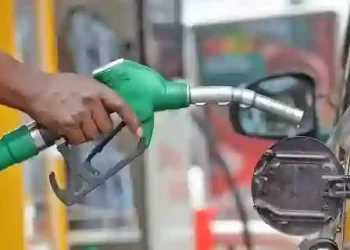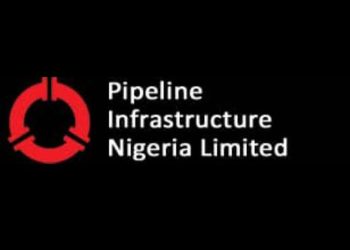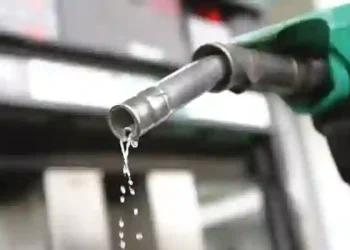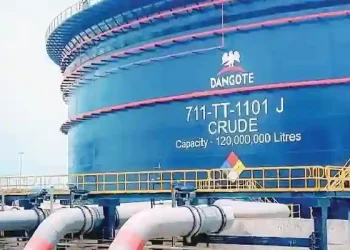The Nigerian Upstream Petroleum Regulatory Commission (NUPRC) has said that the ongoing implementation of the Petroleum Industry Act guarantees strong governance structure. The commission recently revealed that the act will go a long way towards improving participation of local operators in Nigeria’s Petroleum industry.
Speaking at the 2025 International Conference on Hydrocarbon Science and Technology, organised by Petroleum Training Institute in Abuja, Gbenga Komolafe, Commission Chief Executive of NUPRC, said that flared gas is now being positioned for full utilisation to power homes across the country.
Reiterating the commission’s commitment to ensuring that Nigeria achieves a complete end to gas flaring by 2030, he stated that the gas that was consistently flared will also help to drive small industries and deliver clean cooking energy for millions.
“Through the Nigerian Upstream Petroleum Regulatory Commission’s flare gas commercialisation initiatives, the nation is making steady progress toward the Federal Government’s goal of achieving complete flare-out by 2030,” he said.
He further noted that despite holding more than 125 billion barrels of proven oil reserves and more than 620 trillion cubic feet of gas, Africa still has over 600 million people lacking access to electricity due to poor governance.
Represented by Kelechi Ofoegbu, Executive Commissioner, Corporate Services & Administration at the NUPRC, Gbenga disclosed that Nigeria, under the Tinubu-led government, has a renewed national goal of governance built on trust and transparency via the enactment of the Petroleum Industry Act in 2021.
“The PIA is more than a legislation; it is Nigeria’s energy governance reform. It established a modern, transparent, and globally competitive framework that enshrines openness, efficiency, and fairness in the management of petroleum resources.
This commitment to transparency has also rewritten another chapter of our national story: the rise of indigenous participation in the oil and gas sector. Today, local operators account for over 30 percent of national ail output. They are building infrastructure, building and managing terminals, and creating jobs across our economy.
This transformation did not happen by chance. It was made possible by a level playing field: transparent licensing, access to data, fair fiscal frameworks, and regulatory consistency, all anchored in governance,” Gbenga continued.
Also speaking, Felix Ogbe, Executive Secretary, Nigerian Content Development and Monitoring Board, maintained that transparent and accountable governance systems are key to unlocking investments and ensuring that resource wealth translates into development results.
He concluded by stressing that Nigeria has undertaken key reforms through the PIA, providing a clearer governance framework and fiscal regime that merges investor confidence with national aspirations.
“One of the most powerful tools for balancing growth, environment and governance is Local Content Development. Nigeria’s experience offers important lessons. Since the enactment of the Nigerian Oil and Gas Industry Content Development (NOGICD) Act in 2010, the country has made remarkable progress in retaining value in-country.
In-country fabrication capacity has grown significantly, with major yards delivering complex offshore structures that were previously imported. Indigenous companies now own and operate a significant share of onshore and shallow water assets.
Over 50,000 direct jobs have been created through local content interventions. Nigeria has moved from less than 5 percent local content in 2010 to over 54 percent today in certain segments of the industry,” he added.





















